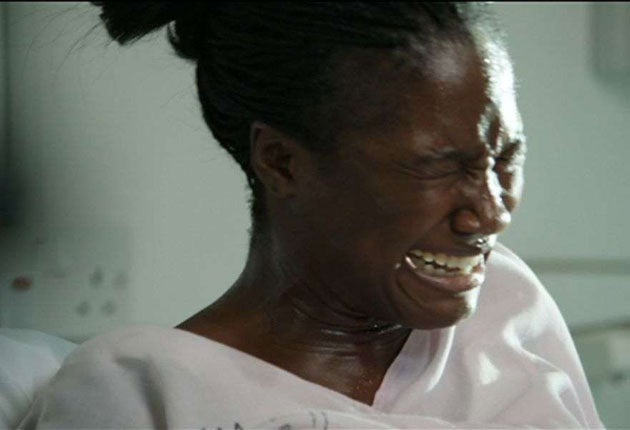Claire Beale on Advertising: Whether we like it or not, we're going digital

Last week the government decided that by 2012 digital must be in our national DNA. If you work in advertising, it's easy to assume it already is, as all things digital have been rushing to the top of the ad agenda for the past decade.
Out in the real world of normal people, though, 40 per cent of homes still do not have broadband and 17 million people over the age of 15 are not using computers or the internet.
But in Lord Carter's Britain, no-one will languish in digital ignorance. His interim report, Digital Britain, published last week, aims to make universal broadband a reality within four years.
The main thing to know about Carter's blueprint is that we're all supposed to have access to broadband at speeds of at least 2 megabits per second (a modest target: the current average is 3.6 mbps). And with this will come a content, creative and commercial revolution.
Within four years the Government wants us all to be multi-media beasts with a digital core, being entertained, educated, networked and relieved of our money on the web; by 2012 £1 in every £5 of all new commerce in Britain is expected to be online.
And there's no doubt that the business models that have fuelled Britain's creative industries – including the advertising-funded content model – will be redrawn as the ways we access and use content (including ads) are reshaped.
Understanding how they'll change will be crucial. So TV sales house Viacom Brand Solutions recently ran a nine-month study to find out how the new technologies will affect our media and advertising consumption.
They recruited 15 households from around the country, networked their homes with a Microsoft media centre (a PC that behaves like a TV) and gave them a Zune, a piece of Microsoft kit that makes audio-visual content fully portable.
Apparently, the more ways the householders had to consume content, across different devices, the more content they consumed: 32 per cent more.
Yet even after nine months of this digital cornucopia, the TV in the living room remained the core way of consuming content. Over half of the media the householders devoured was still traditional television.
So life in Carter's digital Britain won't change dramatically overnight. The broadband revolution will still begin on our sofas and spread slowly. What the VBS study couldn't really measure – and what will ignite significant change – are the new creative approaches that widespread digital access will encourage. We'll have to wait for the final version of the Digital Britain report to find out whether there will be any fresh support to foster the UK's creative ambitions in the digital space, although Andy Burnham, the culture secretary, said: "Britain has always led the world in content creation – with the best music, films, and TV – and it is vital that we carry forward this strength into the digital age."
As for the ways in which this new creative content will be funded, again we'll have to wait until the full report to see whether the government has any suggestions on alternatives to ad-funded models.
But the good news for adland is that our take-up of first generation broadband has already helped Britain to claim the highest proportion of internet advertising of any developed economy, so much of the commercial learning and opportunity-grasping is already well under way. The Digital Britain proposition will serve to drive that ad share harder and propel new commercial opportunities for brands.
Of course, by 2012 adland will only just be coming out of its first full-blown digital recession. The latest stats show that internet advertising suffered a record reduction in spend in the final quarter of last year and it is far from clear how increasing broadband access will help kick-start a recovery in that sector.
But dragging another 40 per cent of homes into the (commercial) digital space will change our country fundamentally and forever.
Best in show: The Foundation for the Study of Infant Deaths (JWT)
*This is one of those ads that a few years ago might have sunk without trace after a brief off-peak TV trajectory. These days you can see JWT's new ad for The Foundation For the Study of Infant Deaths online too, and it's already captured attention.
JWT has produced an uncomfortably powerful piece of work – we see the agonies of women who seem to be in labour but the endline tells us "nothing's as painful as losing a baby". It's a simple but moving ad that gives the Foundation the sort of standout that a big budget alone simply can't buy.
Subscribe to Independent Premium to bookmark this article
Want to bookmark your favourite articles and stories to read or reference later? Start your Independent Premium subscription today.

Join our commenting forum
Join thought-provoking conversations, follow other Independent readers and see their replies